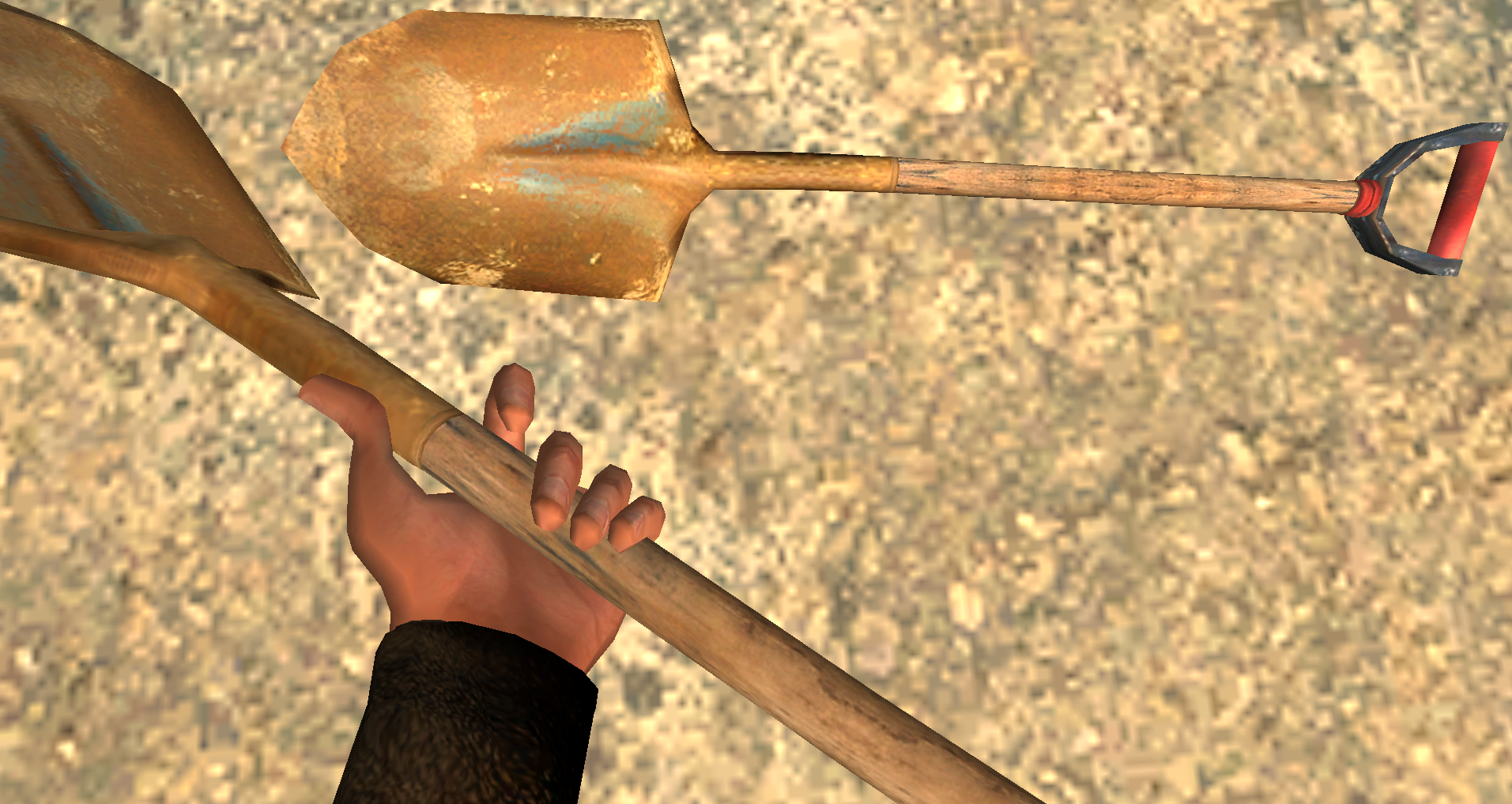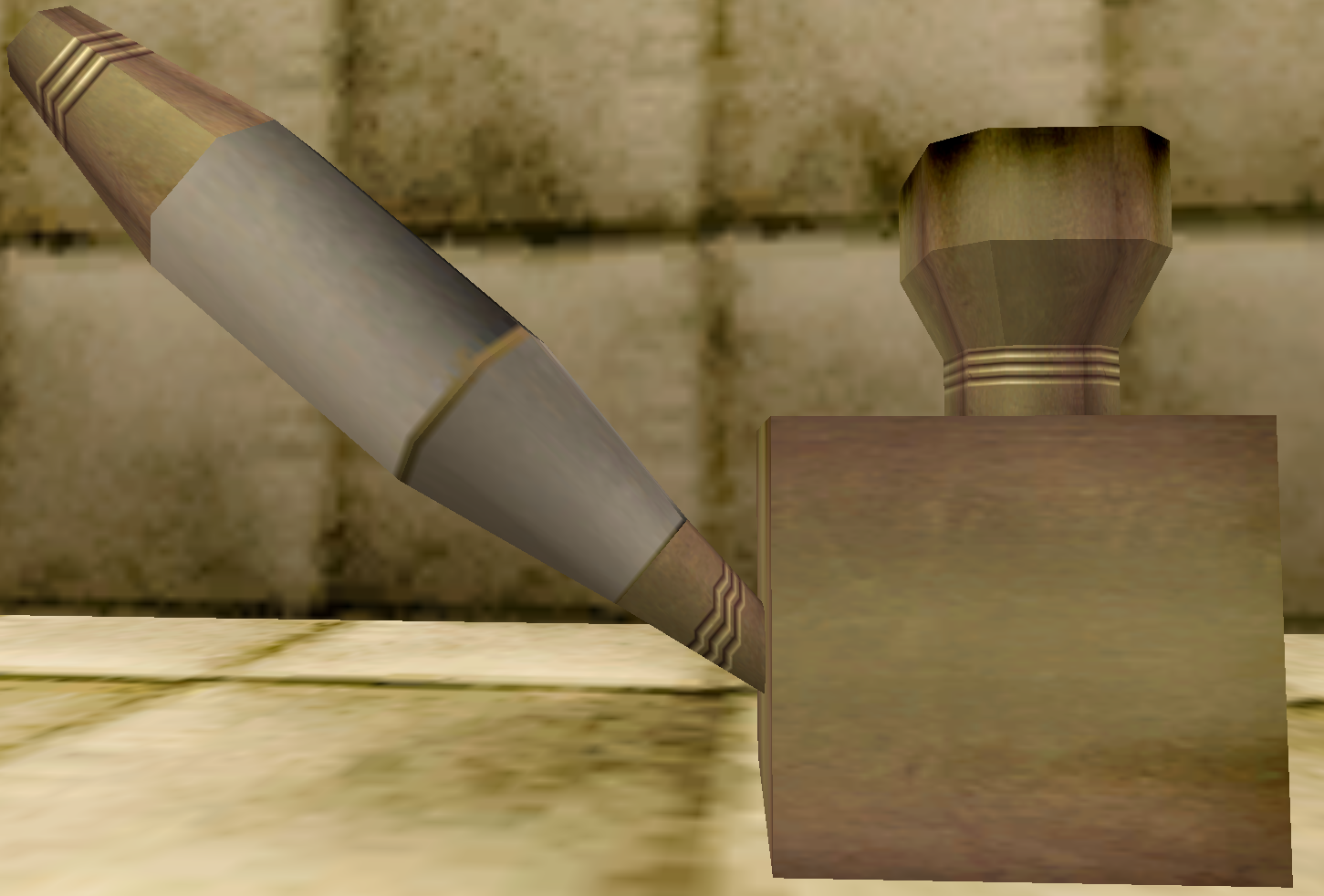

This analysis suggests a different and more varied account of the genesis of the ‘disillusionment story’ of the war than is put forward in some recent studies.

Among married men, the desire to return to wives and children could provide a powerful motivation for survival.

Nostalgia, being rooted in early memories of care, could be a potent vehicle for arousing the anxieties of loved ones, especially mothers. The young soldier's reminiscences of home conveyed, not just the comforting past, but the hateful present. Its emotional tones varied according to the soldier's age and the nature of his attachments to home. Although animated by solitude, nostalgia provided a means of communication with loved ones. The functions of nostalgia could range from reassurance or momentary relief from boredom and impersonal army routines, through flight from intolerable anxiety, to survival through the power of love. Evidence for both these perceptions can be found in the letters written by British soldiers to their families. Some argue that a ‘cultural chasm’ developed between the fronts, producing anger and disillusionment among soldiers which would surface fully fledged after the war, while others assert the continuing vitality of the links with home. What, it asks, can such longings reveal about the psychological impact of trench warfare? Historians have differed in the significance that they ascribe to domestic attachments. This article is concerned with the longing for home of British soldiers during the First World War.


 0 kommentar(er)
0 kommentar(er)
